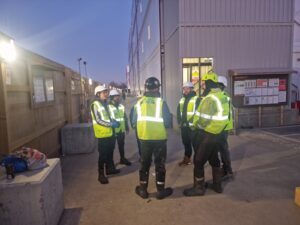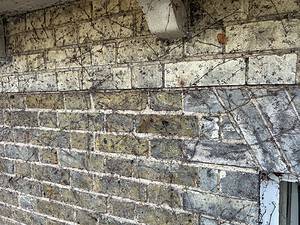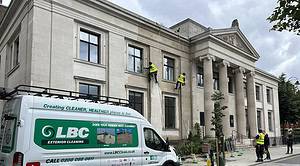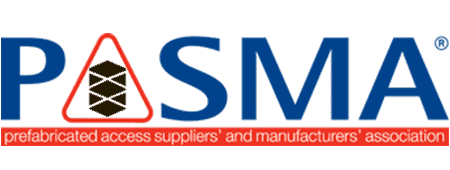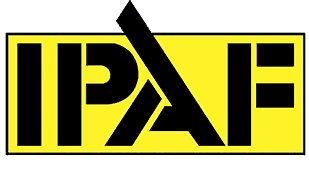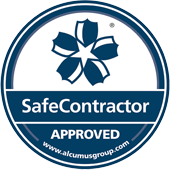Solar Panel Cleaning
Solar panel cleaning should be considered where ever solar panels are installed.
Lichens, moss and algae and other dirt and debris can begin to grow on solar panels if not cleaned regularly.
Solar panels should be cleaned regularly to ensure maximum efficiency and energy production. Here are some tips on how to clean solar panels:
Turn off the power: Before cleaning the solar panels, make sure to turn off the power to avoid any accidents.
Wait for the panels to cool down: Cleaning solar panels when they are hot can cause them to crack, so wait until they have cooled down before starting.
Use the right tools: Use a soft-bristled brush or a non-abrasive sponge to clean the panels. Avoid using abrasive materials such as steel wool, as they can scratch the surface of the panels.
Use pure water: Pure water will help to avoid leaving water marks on the panels. Avoid using high-pressure water, as it can damage the panels.
Use soap if necessary: If the panels are very dirty, you can use a mild soap solution to clean them. Make sure to rinse thoroughly with water afterwards to avoid suds and marks being left on the panels.
Be careful with the electrical components: Do not spray water directly onto the electrical components of the solar panels. Use a damp cloth to clean them instead.
Be safe: When cleaning solar panels, make sure to follow safety guidelines, especially when working at heights.
Hire a professional: If you’re not comfortable cleaning the solar panels yourself, consider hiring a professional solar panel cleaning service.
Remember, regularly cleaning your solar panels can help maintain their efficiency and prolong their lifespan.
Why Do Solar Panels Need Cleaning?
Solar panels are designed to convert sunlight into electricity, and they do this by absorbing light and converting it into energy. Over time, dust, dirt, leaves, bird droppings, and other debris can accumulate on the surface of the solar panels, reducing their ability to absorb sunlight.
When solar panels are dirty, less sunlight is absorbed, which means less energy is produced. This can lead to reduced energy output and lower efficiency, as well as reduced return on investment for the owner of the solar panel system. In addition, if debris is left on the panels for an extended period of time, it can cause permanent damage to the panels and reduce their overall lifespan.
By cleaning solar panels regularly, you can ensure that they are able to operate at maximum efficiency, which means you will get the most energy possible from your solar panel system. In addition, keeping your solar panels clean can help extend their lifespan and save you money in the long run by reducing the need for costly repairs or replacements.
Is Solar Panel Cleaning Worth It?
Whether or not solar panel cleaning is worth it depends on a variety of factors, including the location of the solar panels, the amount of dirt and debris that accumulates on them, and the cost of cleaning.
In general, solar panels do require some level of cleaning to maintain their efficiency and output. A study conducted by the National Renewable Energy Laboratory found that dirty solar panels can lose up to 25% of their energy output, which can result in significant financial losses over time. Therefore, regular cleaning of solar panels can help maintain their efficiency and prolong their lifespan, which can ultimately save money in the long run.
How often solar panels need to be cleaned varies depending on the location and environment. If the solar panels are located in an area with a lot of dust, debris, or pollen, they may need to be cleaned more frequently than panels located in a cleaner environment. In general, it’s recommended to clean solar panels at least once a year, but more frequent cleaning may be necessary in some cases.
The cost of cleaning a solar panel system also varies depending on the size of the system, the location, and the cleaning method used. Some companies charge per panel, while others charge a flat rate based on the size of the system. On average, the cost of cleaning a solar panel system can start from £25/ panel on residential properties but is highly dependent on access requirements.
On larger commercial jobs prices start from around £1000/ megawatt.


